COVID-19 – vitamin D and CBD Oil!
Estimated reading time: 7 minutes
Introduction
Could there be a link between COVID-19, vitamin D and CBD oil? Vitamin D stimulates the absorption of nutrients such as calcium and magnesium and strengthens and regulates the immune system. A study of 186 coronavirus patients at the AZ Delta general hospital in Roeselare, West Flanders, revealed that a lack of sufficient vitamin D on admission can be linked to increased risk of severity and death from a Covid-19 infection…. Let's look at the evidence of the link between COVID-19 and vitamin D deficiency and CBD oil.
1. Why did researchers look at vitamin D for COVID-19?

Vitamin D, produced when the sun hits your skin, has many other benefits, such as bone health. It's also found in some foods and supplements.
When the COVID-19 pandemic began escalating, Backman, the Northwestern researcher, says he wanted to help but wasn't sure how. “There were several mysteries still not addressed,” he says. One was the difference in death rates from country to country.
So his team did a statistical analysis of data from hospitals and clinics across China, France, Germany, Italy, Iran, South Korea, Spain, Switzerland, the U.K., and the U.S. After looking at likely explanations for differences in the death rates from COVID-19, such as variation in health care quality, age of the population, testing rates, and different virus strains, none held up.
The role of vitamin D in regulating the immune system, including its potential ability to suppress dangerous cytokine production, is well-known. And sunlight and vitamin D had been linked with lowering the death rate in the 1918-1919 influenza pandemic.
2. What is behind vitamin D deficiency?

41% of adults are vitamin D-deficient (defined as levels of 25-hydroxyvitamin D less than 20 ng/mL). This rate is even higher in the elderly and other high-risk groups, such as those with darker skin colour. One of the main reasons is the lack of sunlight. For the body to produce vitamin D, we need direct skin exposure to sunlight. The energy from the sun is the critical ingredient that converts precursor compounds into the biologically active vitamin. Air pollutants, smoking, and other toxins can interfere with vitamin D metabolism as well, making the problem even worse. And as we age, our bodies produce less vitamin D, even though we need more of it. Spending more time in the sun raises the risk of skin cancer and accelerated skin aging. Spending time in the sun with sun lotion prevents the body from producing vitamin D.
But there's a simple solution: increasing intake of vitamin D to boost our bodily levels. It's extremely difficult to get enough from food sources like fatty fish or fortified milk. Scientists have determined that supplemental doses ranging from 5,000 IU to 8,000 IU daily can bring blood levels of vitamin D up to optimal ranges associated with reduced risk for chronic disease.
3. What you need to know about vitamin D!
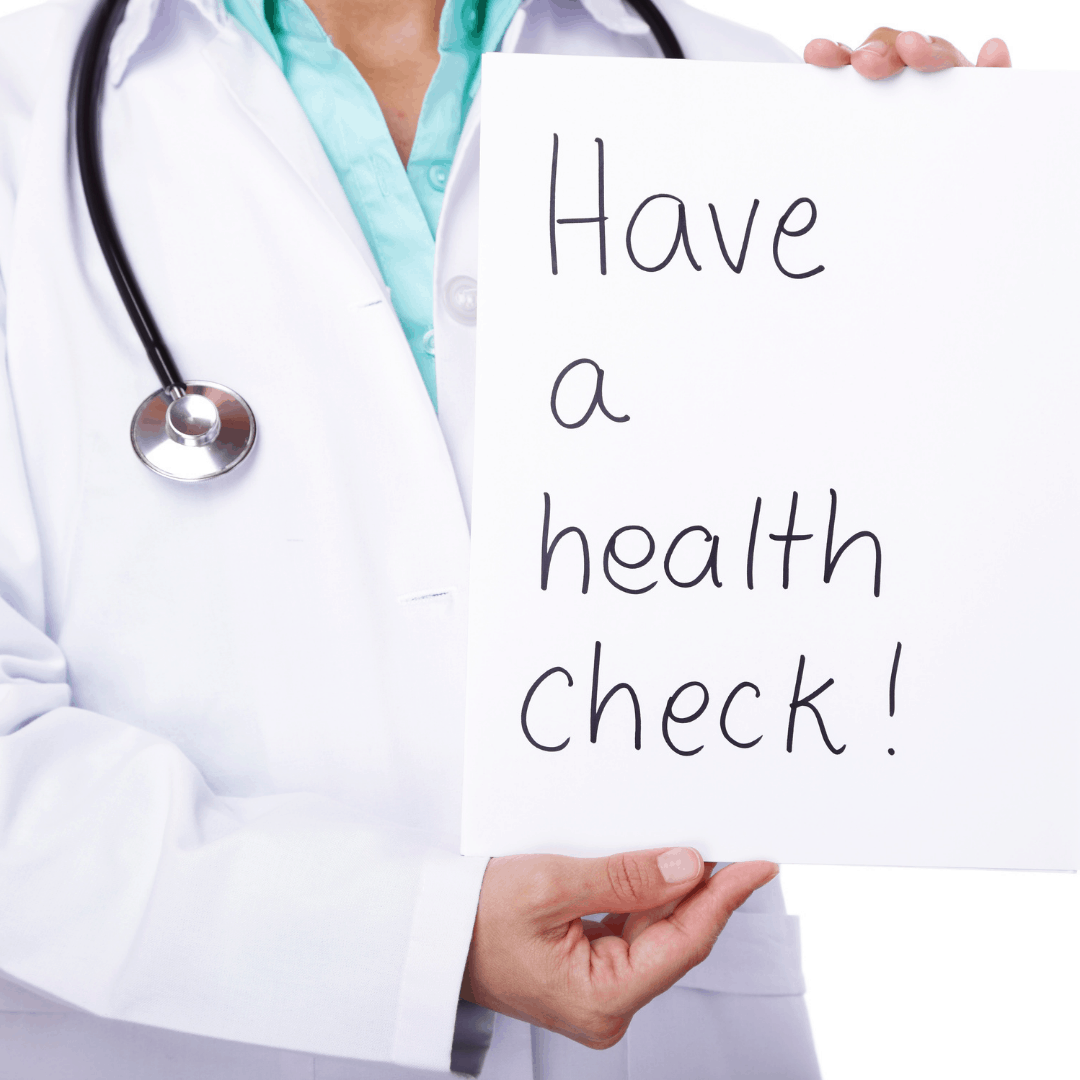
Vitamin D's Many Healthy Benefits
- Vitamin D isn't just good for your bones. Recent research has found that it is associated with the health of the brain and heart, and in extending a healthy lifespan.
- Low levels of vitamin D have been tied to increased risk for many common chronic diseases, including cardiovascular disease, metabolic disorders, and Alzheimer's.
- High levels of vitamin D often correlate with improved overall health and longer life.
- Vitamin D deficiencies are very common and increase in older age. We believe that taking 5,000 IU to 8,000 IU daily can effectively raise blood levels and improve nearly every aspect of health.
- Regular blood testing is important to guide adjustments to these doses to achieve the maximum benefits.
4. What is COVID-19
WHO describes it like this:
Coronavirus disease (COVID-19) is an infectious disease caused by a newly discovered coronavirus.
Most people infected with the COVID-19 virus will experience mild to moderate respiratory illness and recover without requiring special treatment. Older people, and those with underlying medical problems like cardiovascular disease, diabetes, chronic respiratory disease, and cancer are more likely to develop serious illnesses.
The COVID-19 virus spreads primarily through droplets of saliva or discharge from the nose when an infected person coughs or sneezes.
Symptoms of COVID-19
COVID-19 affects different people in different ways. Most infected people will develop mild to moderate illness and recover without hospitalization.

Most common symptoms:
- Fever
- Dry cough
- Tiredness
Less common symptoms:
- Aches and pains
- Sore throat
- Diarrhoea
- Conjunctivitis
- Headache
- Loss of taste or smell
- A rash on the skin, or discolouration of fingers or toes
Severe symptoms:
- Difficulty breathing or shortness of breath
- Chest pain or pressure
- Loss of speech or movement
People with mild symptoms who are otherwise healthy should manage their symptoms at home.
On average, it takes 5–6 days from when someone is infected with the virus for symptoms to show, however it can take up to 14 days.
More from our blog:
5. Should you take a vitamin D supplement?
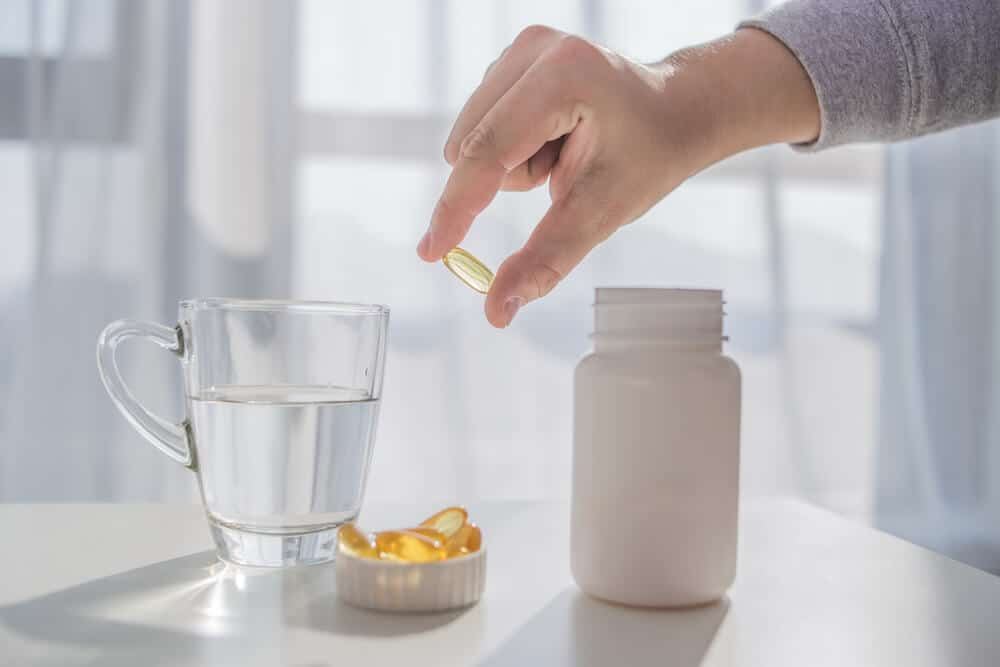
Even before studies are finished, there are good reasons to consider taking a vitamin D supplement.
The vast majority of people are vitamin D deficient and could probably benefit from some modest level of vitamin D supplementation, at very little risk.
In Europe, an estimated 41 percent of adults are deficient in vitamin D. People with darker skin are at greater risk — 63 percent of Hispanic people and 82 percent of Black people have low vitamin D levels.
Other factors increase the risk of vitamin D deficiency, including age, limited sun exposure, obesity, and certain medical conditions. It is difficult to get enough vitamin D from foods, so taking a supplement could be advised, but always check with your doctor first.”
4,000 international units (IU) per day is safe for the vast majority of people. The Real CBD new oil with added vitamin D, will give you 1000 IU vitamin D with just 3 drops.
We do not recommend consuming more than 4,000 IU per day of vitamin D without your doctor's permission.
6. What is the best way to take vitamin D?

Vitamin D is a fat-soluble vitamin, meaning that it does not dissolve in water and is absorbed best in your bloodstream when paired with high-fat foods.
For this reason, it's recommended to take vitamin D supplements with a meal to enhance absorption.
According to one study in 17 people, taking vitamin D with the largest meal of the day increased vitamin D blood levels by about 50% after just 2–3 months.
In another study in 50 older adults, consuming vitamin D alongside a fat-heavy meal increased vitamin D blood levels by 32% after 12 hours compared to a fat-free meal.
Avocados, nuts, seeds, full-fat dairy products and eggs are nutritious sources of fat that help boost your vitamin D absorption.
It is best to take your vitamin D in the morning because vitamin D can hinder the production of melatonin (our sleep hormone), so taking your daily dose of vitamin D in the evening could give you a bad night's sleep.
7. The Real CBD oil with added vitamin D!
-
Product on sale
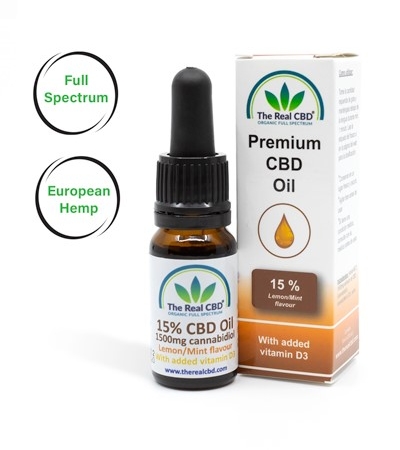 15% CBD oil with Vitamin D3Original price was: €85.00.€75.50Current price is: €75.50.
15% CBD oil with Vitamin D3Original price was: €85.00.€75.50Current price is: €75.50. -
Product on sale
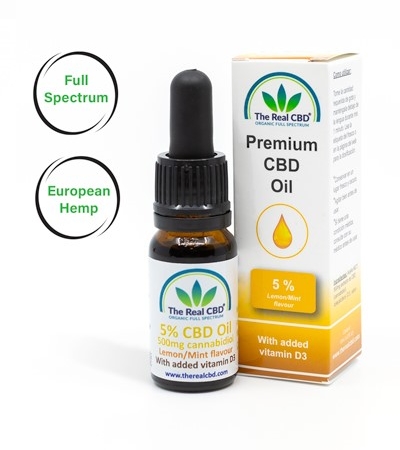 5% CBD oil with Vitamin D3Original price was: €29.00.€24.00Current price is: €24.00.
5% CBD oil with Vitamin D3Original price was: €29.00.€24.00Current price is: €24.00.

I am a certified expert in Medicinal Cannabis. We are all about giving correct and trustworthy information. We know how important it is to learn about CBD and cannabis, which is why we want to be your go-to source for trustworthy information. We help you improve your health by using our knowledge and experience as a starting point.

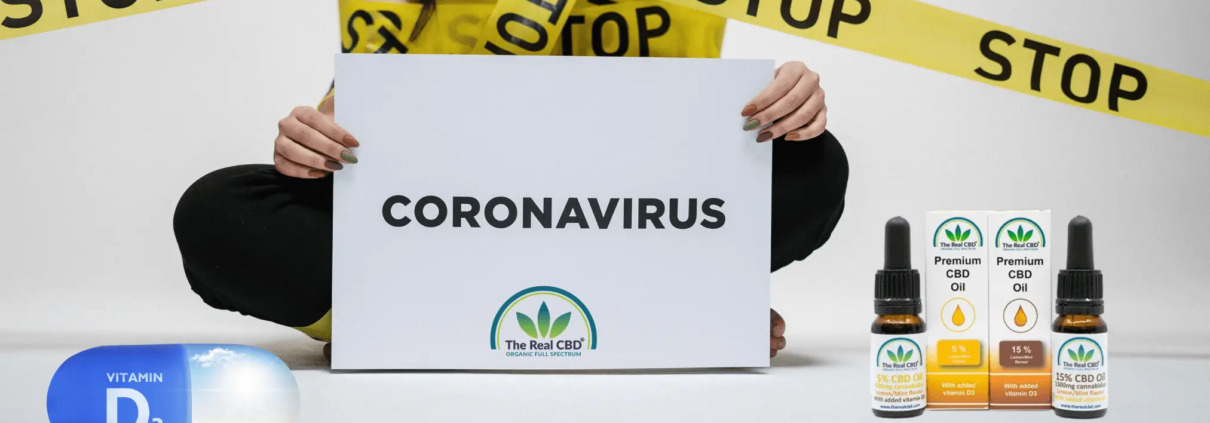

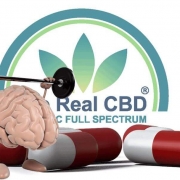




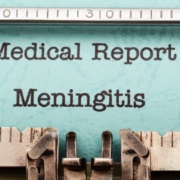





Leave a Reply
Want to join the discussion?Feel free to contribute!